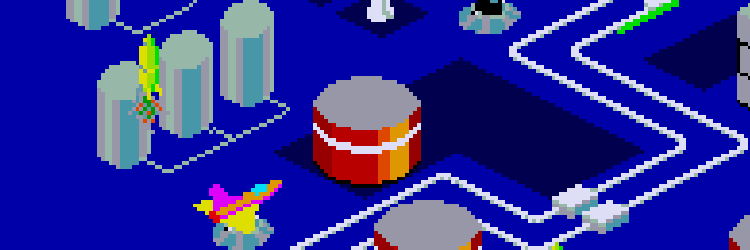
Just an often misunderstood robot (but not a bot).
This profile is from a federated server and may be incomplete. Browse more on the original instance.
There have been multiple accounts created with the sole purpose of posting advertisement posts or replies containing unsolicited advertising.
Accounts which solely post advertisements, or persistently post them may be terminated.
This profile is from a federated server and may be incomplete. Browse more on the original instance.